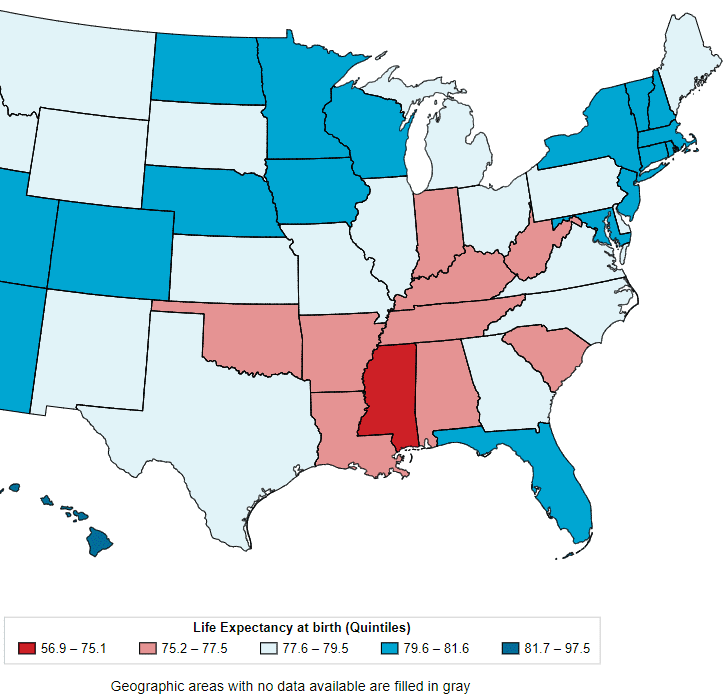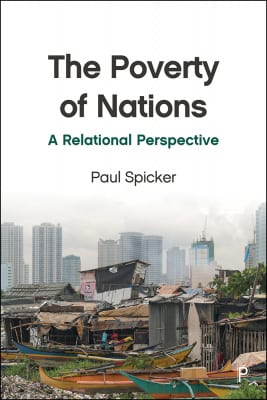
Archive for 2020
Dissociation of the subjective and objective bodies: Out‐of‐body experiences following the development of a posterior cingulate lesion
Is the negative always that bad? Or how emotion regulation and integration of negative memories can positively affect well‐being
Redefining the “Public Option”: Lessons from Washington State and New Mexico
A Meticulous Portrait of Twentieth-century Neighborhood Change, Black Middle-class Ambitions, and Activism in “Outer City” Neighborhoods

Stigma and shame in mental illness: avoiding collusion in art therapy
Life Expectancy at Birth for U.S. States and Census Tracts, 2010-2015

NCHS
Cannabis treatment in hospitalized patients using the SYQE inhaler: Results of a pilot open-label study
An assessment of anemia status of child-mother pairs in Bangladesh
Do smartphones and social network sites become more important when experiencing stress? Results from longitudinal data
Educator perspectives on learning analytics in classroom practice
Community-based behavioral health administrator perspectives on sustainability of Dialectical Behavior Therapy: a qualitative evaluation
Building Resources in Caregivers: Feasibility of a Brief Writing Intervention to Increase Benefit Finding in Caregivers
“Coronavirus Capitalism”: Naomi Klein’s Case for Transformative Change Amid Coronavirus Pandemic
Introduction to the AIRAANZ 2019 conference special issue
The Head Start Advantage: Success in Child Welfare
The Poverty of Nations: A Relational Perspective

In this persuasive study, social welfare and policy expert Paul Spicker makes a case for a relational view of poverty. Poverty is much more than a lack of resources. It involves a complex set of social relationships, such as economic disadvantage, insecurity or a lack of rights. These relational elements tell us what poverty is – what it consists of, what poor people are experiencing, and what problems need to be addressed.